
OR
Sustain, accelerate, innovate
Published On: January 30, 2019 12:30 AM NPT By: Dr Poonam Khetrapal Singh

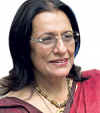
Dr Poonam Khetrapal Singh
The author is the World Health Organization Regional Director for South-East Asianews@myrepublica.com
The WHO South-East Asia Region has made rapid progress in health and well-being. The journey continues
The health and wellbeing of almost two billion people across the WHO South-East Asia Region—comprising Bangladesh, Bhutan, Democratic People’s Republic of Korea, India, Indonesia, Maldives, Myanmar, Nepal, Sri Lanka, Thailand, and Timor-Leste—is stronger than ever. Wild poliovirus has been vanquished. Maternal and neonatal tetanus is no longer a public health problem. Neglected tropical diseases are on the backfoot, if not routed altogether, while dramatic reductions in maternal and child mortality have given a fillip to global progress. Some countries have even rid themselves of malaria and measles—achievements that were once unthinkable. The war against tobacco and other harmful substances continues.
As one of the world’s most populous and diverse Regions we can be immensely proud of the progress made, the outcomes achieved, and the lives saved and improved over the past five years. Indeed, through their tenacity and resolve, each of the Region’s Member States has demonstrated that good health and wellbeing must be at the very core of development ¬and national progress—that the human right to health matters as a good in itself and is a powerful means to shore-up economic development and the human capital it relies on.
That is not to say there are no challenges, that the Region doesn’t face a range of serious threats to public health, both natural and man-made. We do. From emerging zoonoses to antimicrobial resistance and the health impacts of climate change, there is no shortage of hazards we must navigate effectively in coming years. But it is to say that when we champion ‘Health for All’, we really do mean it.
This is especially important as we continue to pursue our own Flagship Priorities, the triple billion targets laid out in WHO’s 13th General Programme of Work (GPW), and the 2030 Sustainable Development Agenda. Moving forward, our drive towards each of these imperatives is best summarized by a simple though powerful maxim: ‘Sustain. Accelerate. Innovate’.
To Sustain the Region’s many achievements, WHO will continue to support Member States to ensure the technical and operational frameworks are in place to protect and build on the Region’s gains, from being certified polio-free to halting and reversing HIV and malaria among other successes. As part of this—and in line with the Region’s Flagship Priorities—WHO will continue to assist Member States strengthen and extend the reach of health services, including for reproductive, maternal, newborn, child and adolescent health. Special focus will be placed on fortifying primary health care as part of our pursuit of universal health coverage.
To accelerate progress, WHO will work with Member States to harness the full range of opportunities now available to advance health and wellbeing. Each of the GPW’s targets, for example, are aligned with what WHO South-East Asia and its Member States have been striving to achieve. So too are the targets of SDG 3. To ensure these opportunities are taken advantage of and that accelerated progress is sustainable, WHO is committed to supporting Member States to develop effective financing mechanisms as they transition away from external funding in a range of health-related areas.
And to promote the drive to innovate, WHO will support Member States carry out cutting-edge research, both on the efficacy of policy and on the development of new tools that can hasten progress. Both outcomes are critically important. To advance progress towards ending TB by 2030, for example, the development and application of diagnostics that can rapidly test and diagnose large populations is crucial. Likewise, to finish off key neglected tropical diseases, devising and implementing policies that address the needs of specific communities in specific areas is of vital importance.
This results-based focus, combined with Member State commitment to drive real change in the lives of the most vulnerable, will serve the Region well. Though the South-East Asia Region faces a range of challenges, and is pursuing a series of ambitious targets, through strong, responsive and inclusive leadership we can achieve each of our objectives and more. As in 2014, I once again accept with full humility the position of Regional Director and the responsibility it entails. Together our journey to promote healthier individuals, communities and countries across the South-East Asia Region continue.
The author was appointed regional director of the WHO South-East Asia Region on January 26 for a second five-year term. She has been regional director since February 2014
You May Like This

Spain’s political paralysis
Many in Madrid say that Spanish politics is becoming Italian, only without the Italians’ feats of political gymnastics ... Read More...
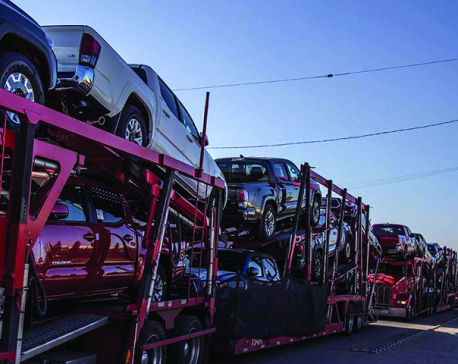
Mayday for protectionism
Whereas America built less than one million gross tons of ships between 2014 and 2016, South Korea and China produced a... Read More...
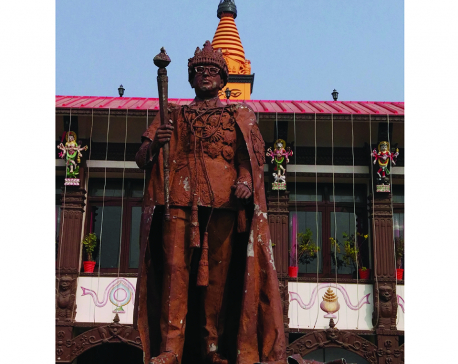
Genealogy of xenophobia
In a country burdened by ethno-nationalism, self-destructive jingoism and hubristic self-importance, the politics of prosperity is merely a façade... Read More...


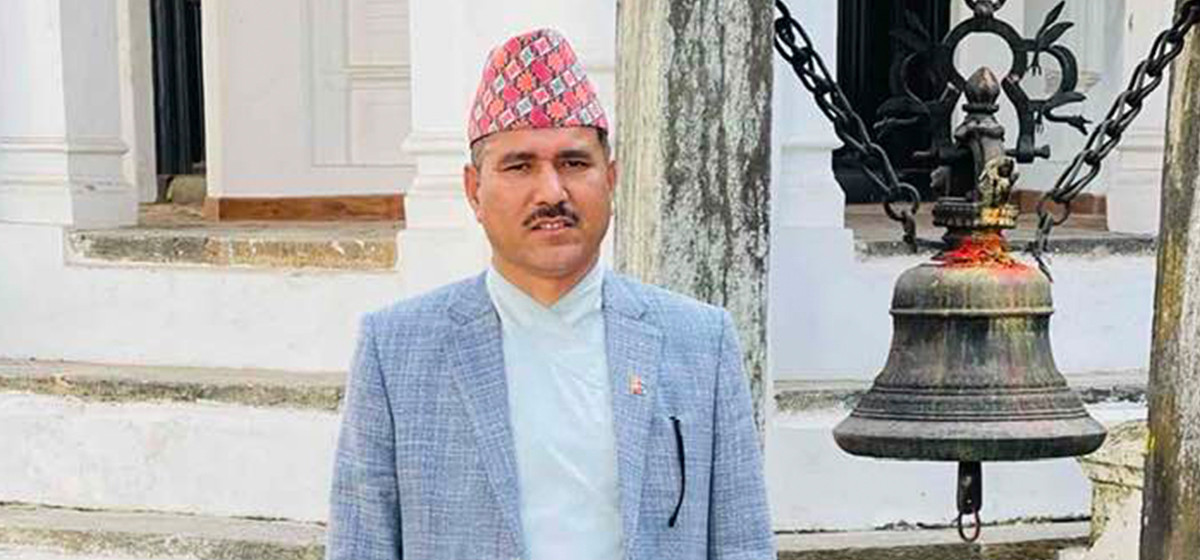
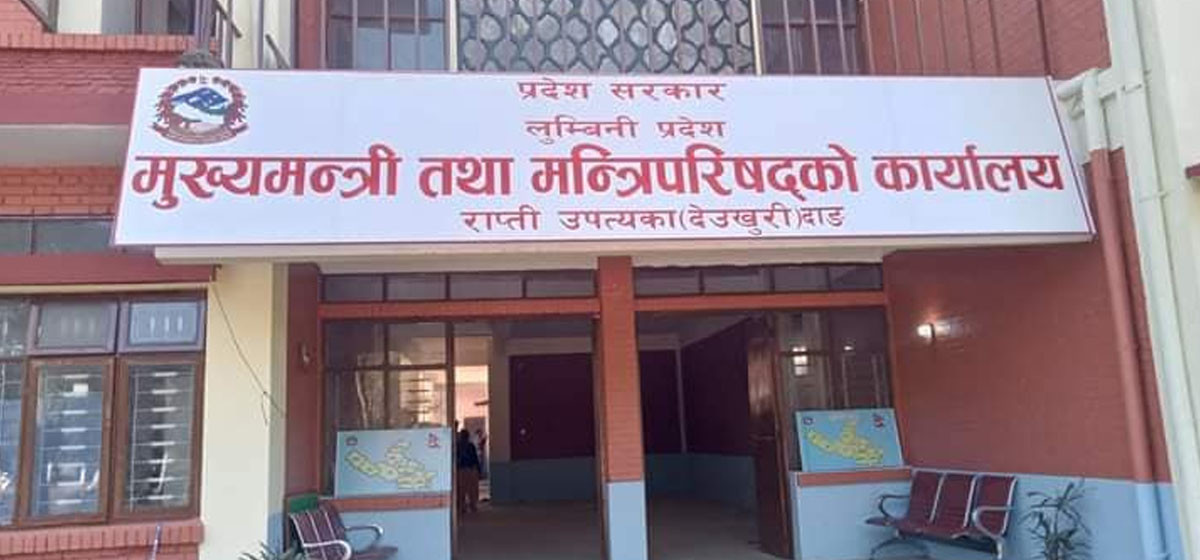
Just In
- NEPSE nosedives 19.56 points; daily turnover falls to Rs 2.09 billion
- Manakamana Cable Car service to remain closed on Friday
- Nepal govt’s failure to repatriate Nepalis results in their re-recruitment in Russian army
- Sudurpaschim: Unified Socialist leader Sodari stakes claim to CM post
- ED attaches Raj Kundra’s properties worth Rs 97.79 crore in Bitcoin investment fraud case
- Newly-appointed Auditor General Raya takes oath
- CM Mahara expands Cabinet in Lumbini Province
- FinMin Pun addresses V-20 meeting: ‘Nepal plays a minimal role in climate change, so it should get compensation’













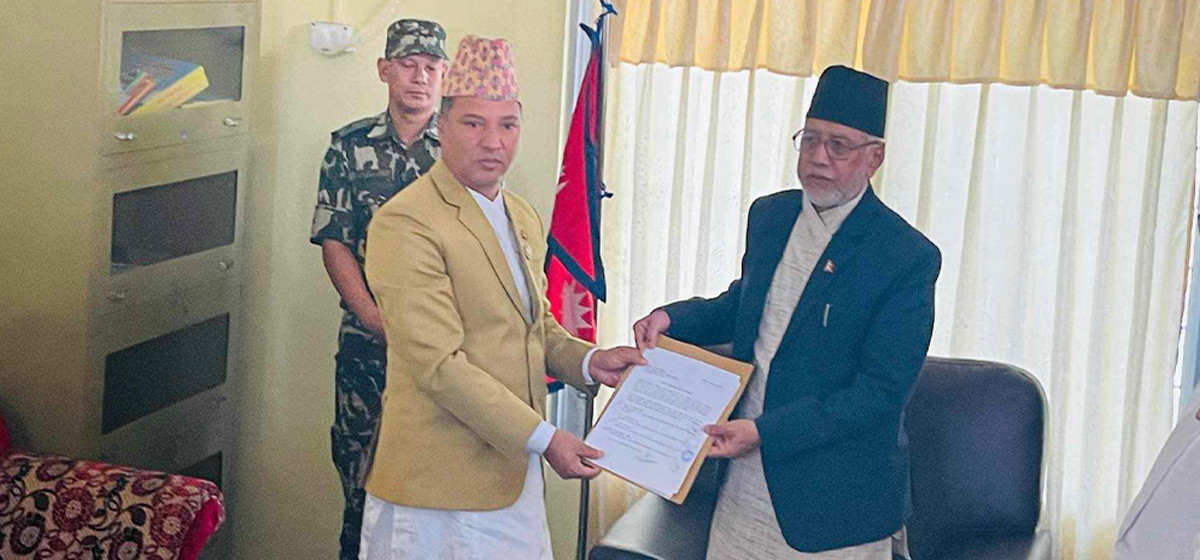
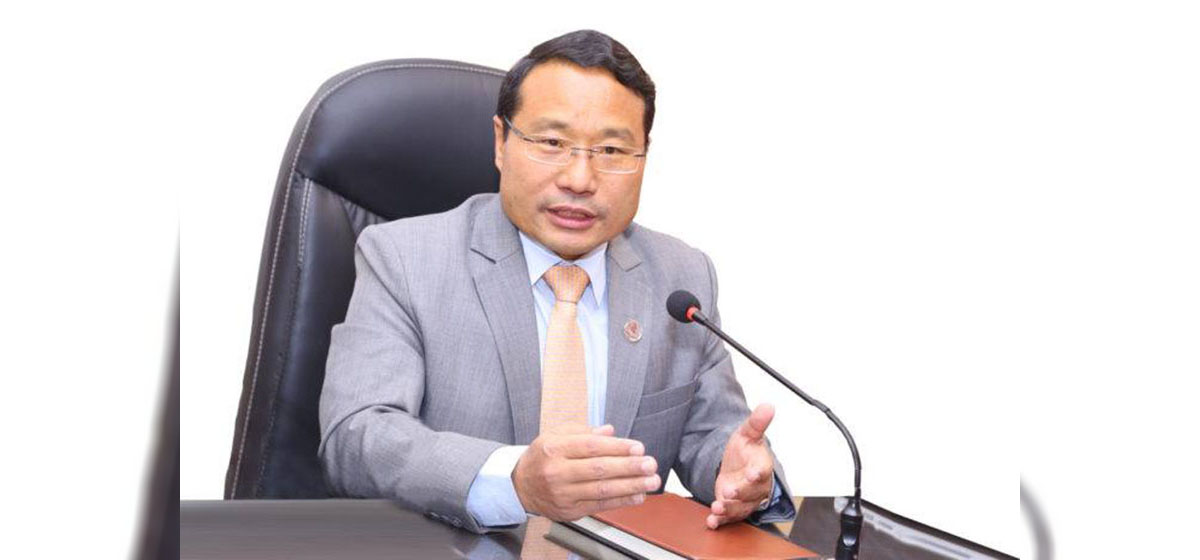
Leave A Comment